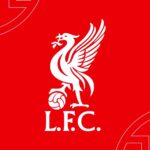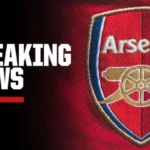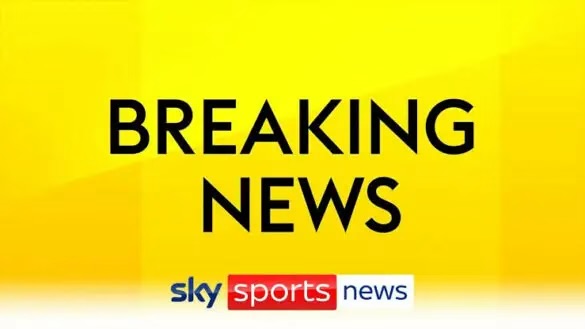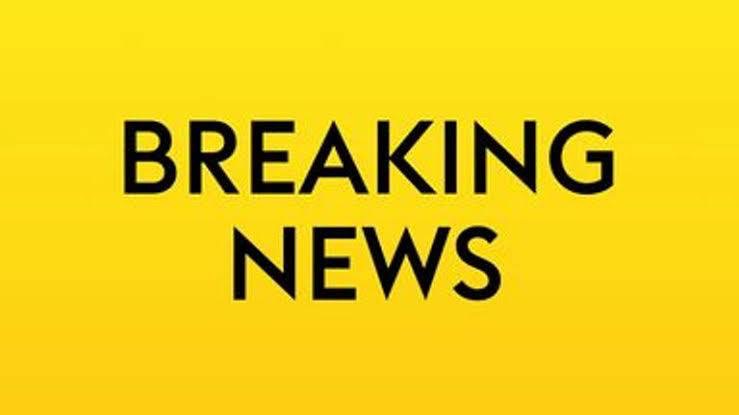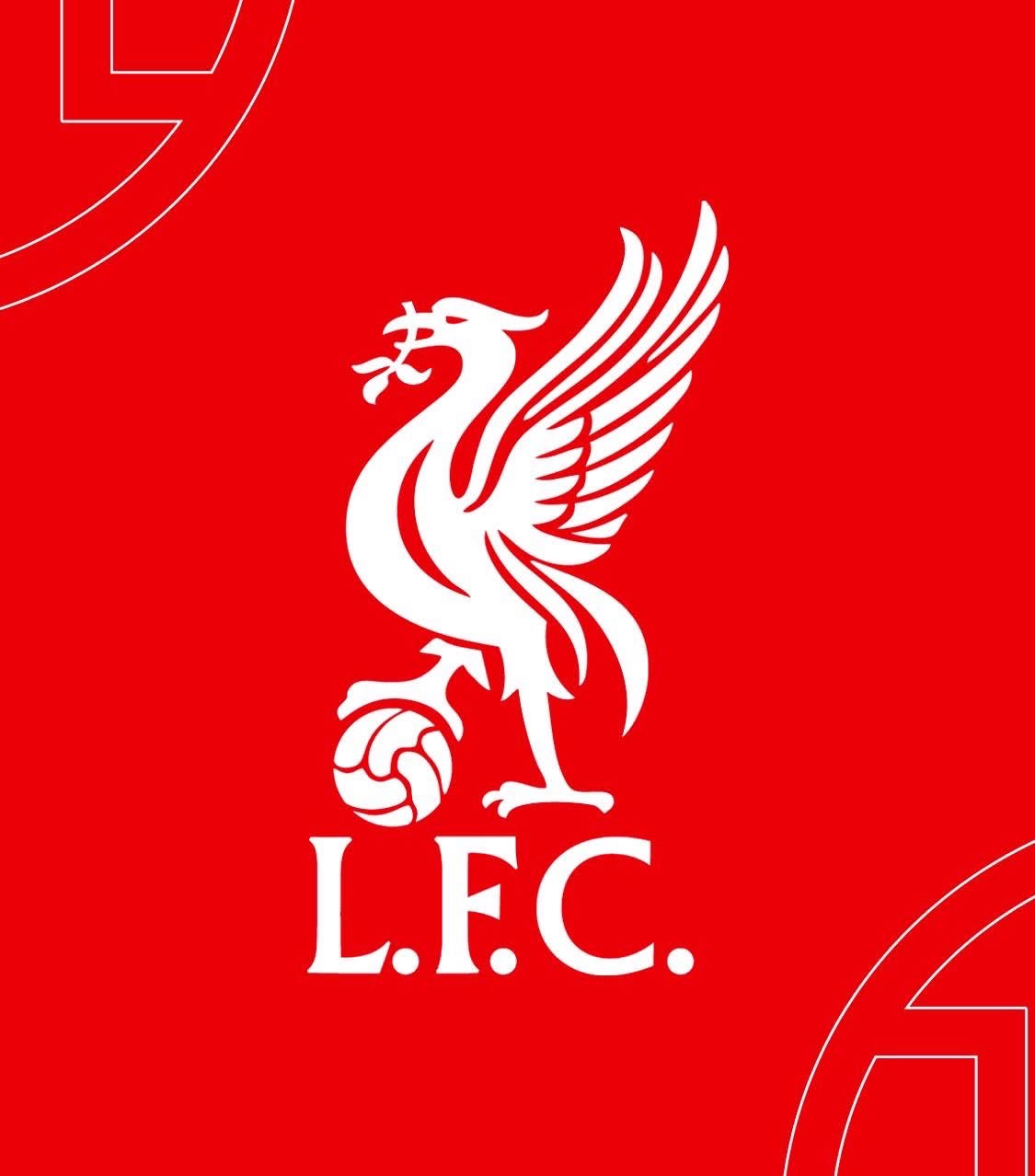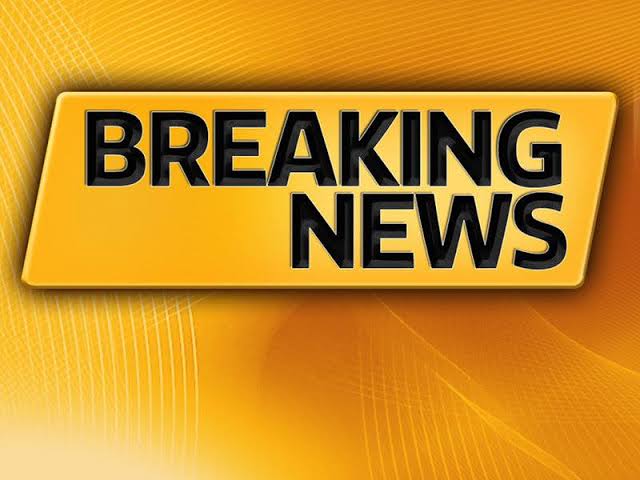Premier League Referees to Enforce Tougher Rules on Set-Piece ‘Dark Arts’ – A Move That Divides Clubs
Premier League referees have been given fresh instructions to clamp down on deliberate holding and obstruction during set-pieces, a decision that could lead to a sharp rise in penalties this season.
From now on, officials will pay closer attention to defenders who use both arms to restrict opponents, focus on the man rather than the ball, or prevent attackers from making free movements inside the box. The change comes as part of updated officiating guidelines drawn up in partnership between the Premier League and PGMOL, the body overseeing referees.
Last season, Arsenal built a reputation as one of the league’s most dangerous sides from corners, registering 11 set-piece goals – the most in the division, according to Opta. Chelsea and Manchester United followed with six each, while Liverpool managed five. The effectiveness of such tactics, however, was often overshadowed by complaints from managers and fans about defenders relying on “dark arts” to nullify attacking threats.
The new rules arrive after a series of controversial incidents sparked frustration across the league. Many clubs argued referees had been too lenient, dismissing excessive holding as “part of the game.” Now, the Premier League is pushing officials to adopt a much stricter approach.
While fouls given will still be subject to VAR review, referees are expected to penalize holding more frequently. Players have already been warned that unnecessary obstruction or shirt-pulling in the penalty area could directly result in spot-kicks. In addition, team captains will be expected to help maintain order and prevent escalation during discussions with referees.
The aim is to create greater fairness and transparency inside the penalty box, but there is also recognition that stricter enforcement could increase the number of fouls and penalties awarded. Some clubs welcome the change, seeing it as overdue, while others are less convinced – concerned that matches may be decided more often by refereeing calls than open play.


